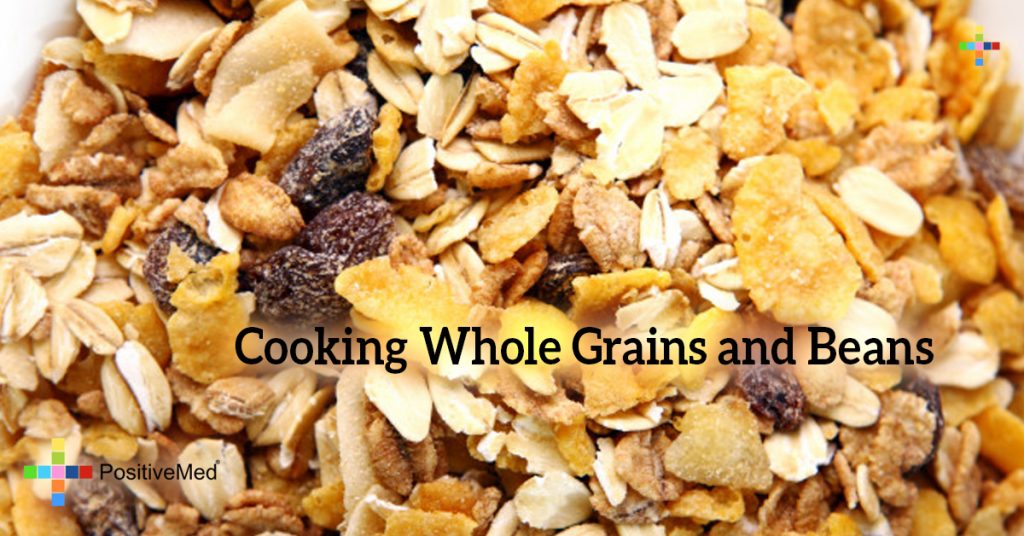
Helpful information for those of us who can’t remember the differences from time to time, print it out and keep it handy!

Cooking Beans
Most beans should be soaked before cooking (lentils and split peas are exceptions). Soaking shortens the cooking time and makes them easier to digest. First rinse the beans and remove any dirt, stones, or particles. Cover the beans with water and let sit for at least 6 hours. To cook beans, combine 3 parts water to 1 part beans in a large pot. Bring to a boil, then reduce the heat and simmer, partially covered, until tender, using the chart below as a timing guide.
| Bean | Cooking Time (in mins) |
| Black beans | 60 – 90 |
| Black-eyed peas | 45 – 60 |
| Cannellini beans | 60 – 90 |
| Chickpeas/Garbanzo beans | 90 – 120 |
| Great Northern beans | 60 – 75 |
| Kidney beans | 90 – 120 |
| Lentils, brown/green | 30 – 40 |
| Lentils, French | 35 – 45 |
| Lentils, red | 15 – 25 |
| Navy beans | 90 – 120 |
| Pinto beans | 60 – 75 |
| Split peas | 40 – 60 |


Cooking Whole Grains
Rinse grains before cooking. Then combine the grain and water (or broth), bring to a boil, reduce heat to low, and simmer, covered, for the specified time below. When done, remove from heat and let stand, covered, for 5 minutes. (Note: all grains listed in my chart are gluten-free. In the second chart, bulgur is the only one that is not gluten-free.)
| Grain (1 cup dry) | Water or Broth (in cups) | Cooking Time (in mins) |
| Amaranth | 2 1/2 – 3 | 20 – 25 |
| Buckwheat | 2 | 15 – 20 |
| Millet | 2 1/2 – 3 | 18 – 25 |
| Oats | 2 – 2 1/2 | 15 – 25 |
| Polenta | 4 | 20 – 30 |
| Quinoa | 2 | 12 – 15 |
| Rice, basmati | 2 | 35 – 45 |
| Rice, brown | 2 | 40 – 50 |
| Rice, wild | 3 | 45 – 60 |
| Teff | 3 | 15 – 20 |
Edited By: Ellie Aug 1st 2014





